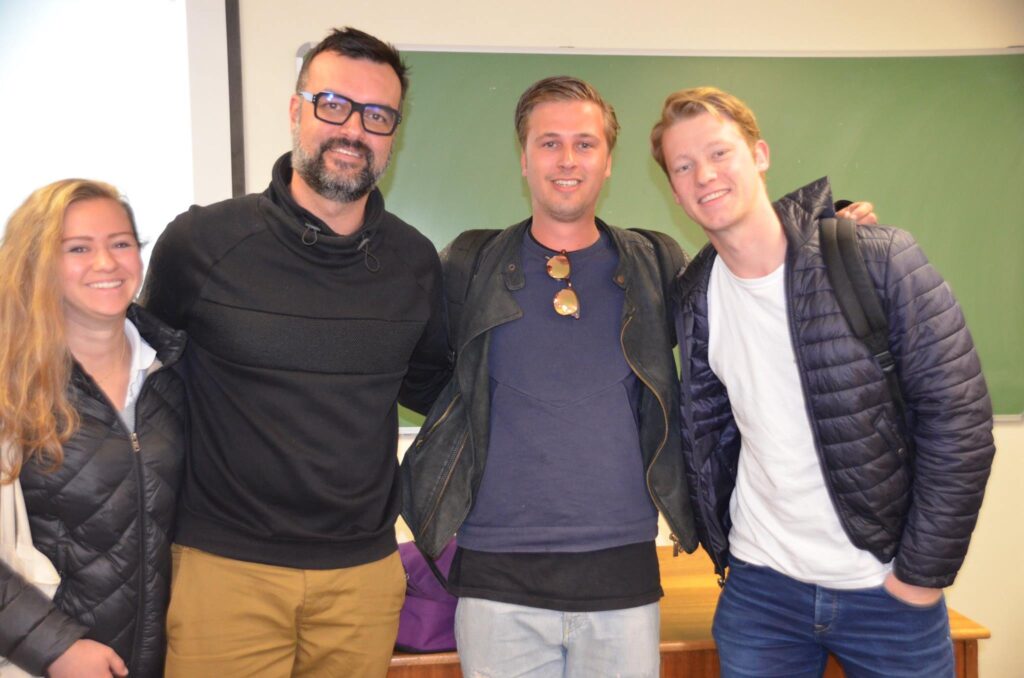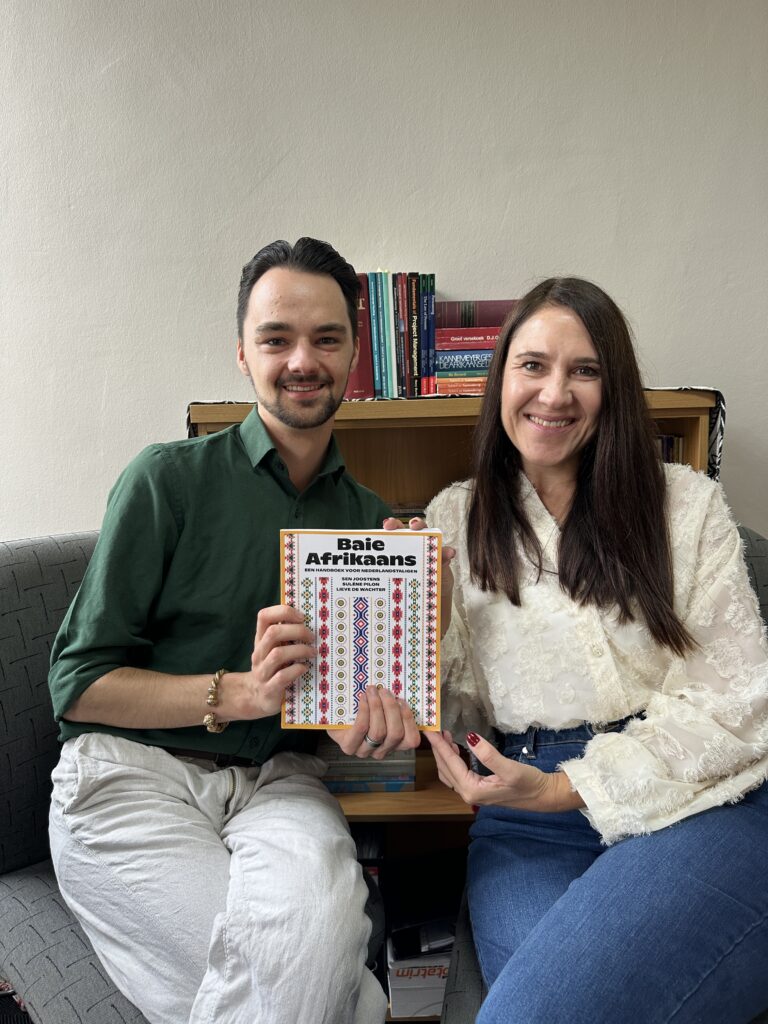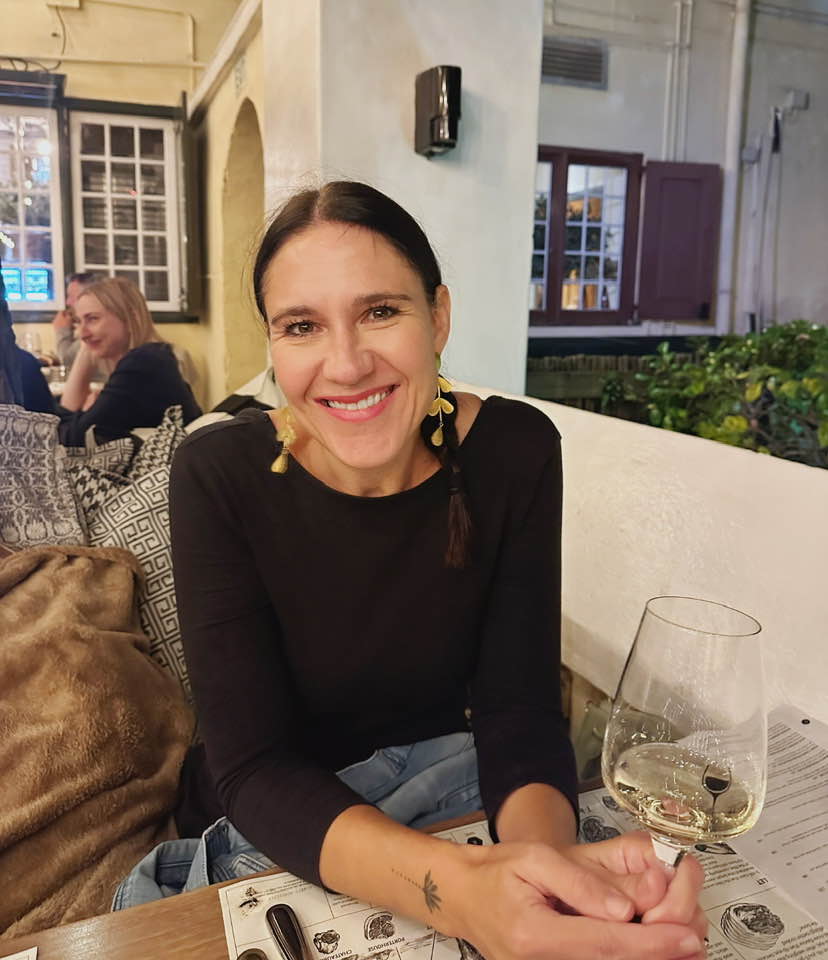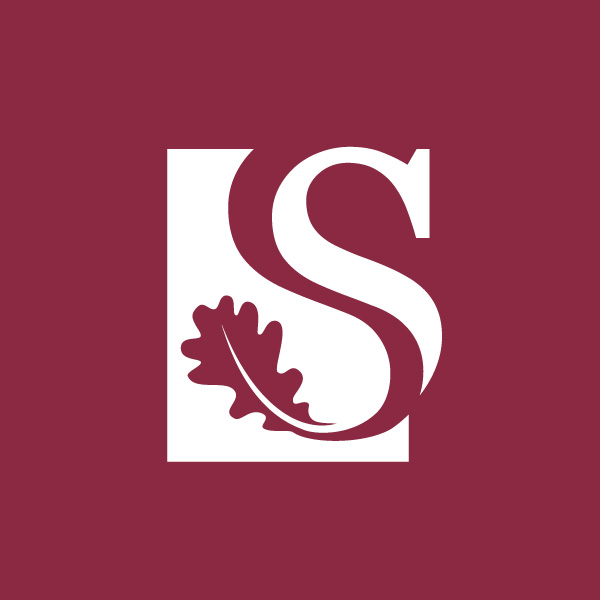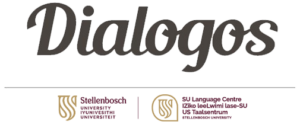Dr Schalk van der Merwe, extraordinary senior lecturer at Stellenbosch University (SU), has been a regular guest lecturer for several years at the SU Language Centre’s Afrikaans language and culture course for Dutch-speaking students, where he shares and discusses key events from South African history with students in a narrative style. “When it comes to the history and origins of Afrikaans, it is essential to reflect the language’s diversity, and also how it has served as a vehicle for social change,” says Dr Van der Merwe. As part of the course’s 10-year celebrations, we asked him a few questions.
Ten years of Afrikaans language and culture for Dutch speaking exchange students: An interview with Sen Joostens
Sen Joostens completed our Afrikaans language and culture course for Dutch-speaking students in 2020 while he was an exchange student at SU from Belgium. Today, he facilitates Afrikaans language learning…
Read More Ten years of Afrikaans language and culture for Dutch-speaking students at SU: An interview with lecturer, Helga Sykstus
This year, it will be ten years since Helga Sykstus, lecturer and coordinator at the SU Language Centre with more than 20 years of experience, had launched the Afrikaans language…
Read More Win with words!
Can you think of new creative English words for the Afrikaans bulletjie, koeksister and langarm? Come show your worth and take part in the Language Centre’s New Words competition held…
Read More Special Seminar
Drs Tove Skutnabb-Kangas and Robert Phillipson will be presenting a special seminar in celebration of the Stellenbosch University Language Centre’s 10th anniversary. Topic: Counteracting market-force monolingualism in a multilingual world,…
Read More Campus race
As part of our 10th anniversary celebrations 52 students will participate in a campus race this Friday (28 September). Thirteen groups of four members each will race to six different…
Read More 
